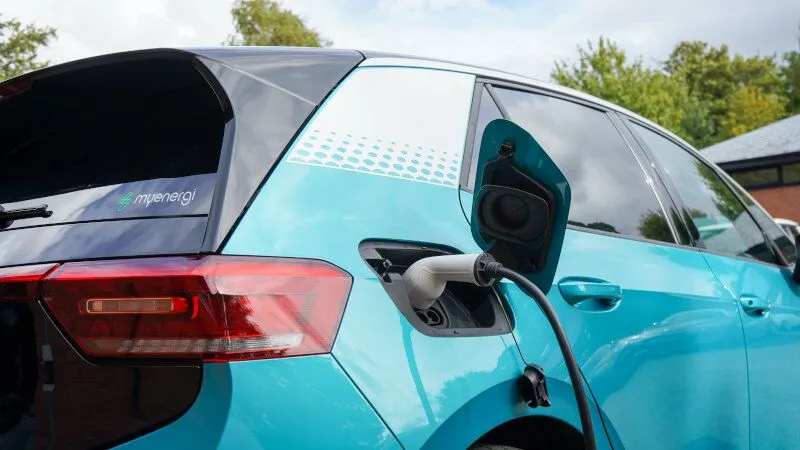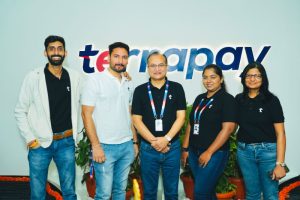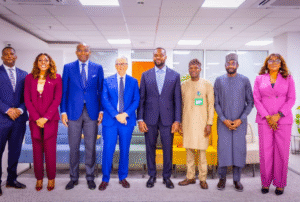Key Developments
Nigeria Partners with Moroccan Firm to Boost Local Electric Vehicle Production

Nigeria is advancing its electric vehicle (EV) industry through a strategic partnership with a Moroccan company, aiming to drive local manufacturing and reduce dependence on imported vehicles.
The collaboration, championed by Nigeria’s National Automotive Design and Development Council (NADDC), is expected to bolster the nation’s automotive sector with a focus on electric and gas-powered vehicles, alongside developing EV infrastructure.
Joseph Osanipin, Director-General of NADDC, unveiled the partnership during the recent Nigeria-Morocco business forum.
He underscored the initiative’s potential to foster local component manufacturing and strengthen Nigeria’s automotive industry.
“We have identified electric vehicle products that can be manufactured in Nigeria and exported to Morocco,” Osanipin explained, highlighting the mutual benefits of the partnership.
A delegation led by Osanipin visited key automotive facilities in Morocco, including the National Center for Homologation and multiple local firms.
The team held discussions with E-move Vehicles Company, a significant player in energy storage systems, specializing in electric motorcycles, tricycles, and batteries.
They also explored collaboration possibilities with Univers Acier Steel, a prominent supplier of automotive parts.
The Nigerian delegation also toured Cetiev, a Moroccan technology partner for automotive innovation, and reviewed six test centers spanning various sectors.
According to Osanipin, the goal is to replicate Morocco’s success in Nigeria, promoting local production, enhancing technical skills, and contributing to economic growth and sustainability.
“Their expertise in battery manufacturing and economical EVs is especially valuable. Producing these products locally will support Nigeria’s transition to sustainable mobility and create jobs,” Osanipin concluded.
This collaboration marks a significant step toward Nigeria’s vision for a self-sustaining automotive industry, with the potential to position the country as a regional leader in EV production and green technology.
Related Articles
Register Now
Empower Africa Times Newsletter
Share :
You may also like...

Digital Payments Platform TerraPay Secures $95 Million to Boost African Remittances
TerraPay, a digital payments platform focused on Africa, has announced a $95 million debt financing round to accelerate low-cost remittance transactions across the continent.

Nigeria and Gates Foundation Launch $7.5 Million AI Scaling Hub to Transform Key Sectors – Copy
The Nigerian government, in collaboration with the Bill & Melinda Gates Foundation, has inaugurated the Nigeria Artificial Intelligence (AI) Scaling Hub.

Egyptian Fintech Startup Bokra Secures $4.6 Million to Disrupt Wealth Management in MENA
Bokra, an Egyptian fintech company, has successfully closed a pre-seed funding round of $4.6 million.
